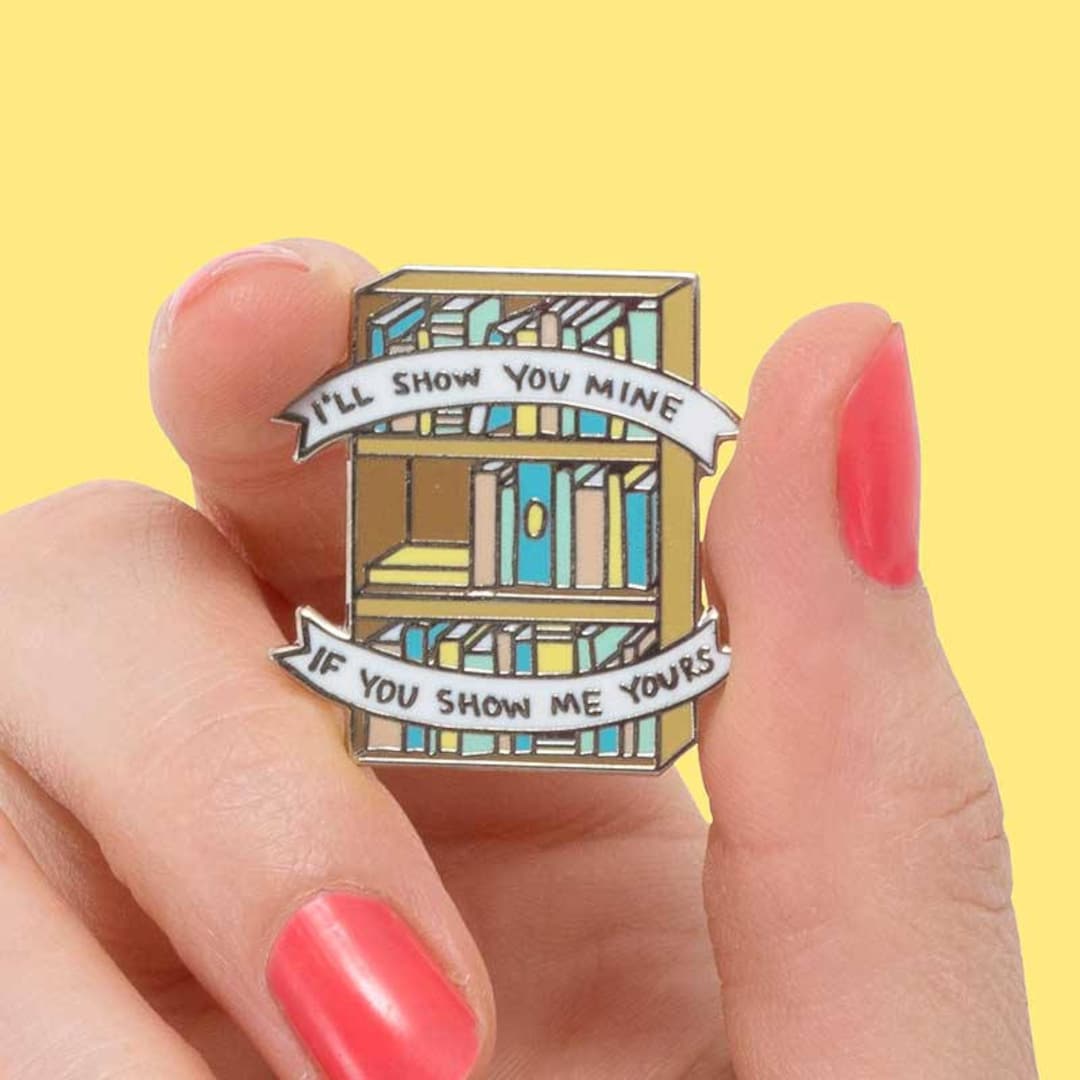
If You Show Me Yours, I’ll Show You Mine: A Comprehensive Guide to Reciprocity
Have you ever found yourself in a situation where someone offered you something in exchange for something you have? Maybe it was a friend asking to borrow your car or a colleague requesting help with a project. In these instances, you’re encountering the principle of reciprocity.
Reciprocity: Definition and History
Reciprocity is a social norm in which individuals feel obligated to return favors or gifts received from others. It’s rooted in the idea that when someone does something for us, we owe them something in return. This norm is prevalent across cultures and throughout history. It has been observed in ancient societies, such as the Maori of New Zealand, where the exchange of gifts known as “haka” fostered social bonds and strengthened relationships.
The Psychology of Reciprocity
Psychologists have extensively studied the concept of reciprocity. They’ve identified several key factors that influence its effectiveness:
- Social obligation: Receiving a gift or favor creates a sense of obligation in the recipient. They feel compelled to return the favor to restore balance in the relationship.
- Positive emotions: Reciprocity triggers positive emotions such as gratitude and indebtedness, which further motivate the recipient to reciprocate.
- Normative pressure: Societies often establish norms around reciprocity, making it socially acceptable and expected to return favors.
Examples of Reciprocity in Everyday Life
Reciprocity manifests itself in various ways in our daily lives:
- Gift-giving: When we receive a gift, we feel obligated to give something in return.
- Invitations: If someone invites us to an event, we may feel compelled to return the invitation or do something nice for them.
- Help and assistance: If someone helps us, we often feel like we should help them in return.
- Sales and marketing: Businesses use reciprocity to influence consumer behavior by offering free samples, discounts, or rewards programs.
How to Use Reciprocity to Your Advantage
Understanding the principles of reciprocity can help you build stronger relationships and achieve your goals:
- Give before you ask: By offering something first, you can trigger reciprocity and make it more likely that others will be willing to help you.
- Be genuine and specific: When you give or ask for something, be genuine and specific about your request. Don’t try to manipulate others.
- Respect boundaries: Understand that some people may not be comfortable with reciprocity. Respect their boundaries and don’t pressure them.
Tips and Expert Advice for Using Reciprocity
- Start small: Begin by offering small favors or gifts to build rapport. As you establish reciprocity, you can gradually increase the size of your requests.
- Be consistent: Offer favors and gifts consistently to maintain a positive cycle of reciprocity.
- Personalize your gestures: Tailor your favors and gifts to the specific interests and needs of the recipient.
FAQs on Reciprocity
- Q: Is reciprocity a manipulation tactic?
- A: Reciprocity can be a powerful tool for building relationships and achieving goals, but it becomes manipulation when used excessively or inauthentically.
- Q: Does reciprocity work in all situations?
- A: Reciprocity is generally effective, but it may be less influential in certain situations, such as when the recipient has limited resources or has a negative relationship with the giver.
Conclusion: Embracing Reciprocity for a Balanced Exchange
Reciprocity is a fundamental aspect of human interaction. By understanding the principles and applying it thoughtfully, we can cultivate meaningful relationships, foster collaboration, and create a more positive and interconnected society. Embrace reciprocity today and experience the benefits of giving and receiving in a balanced and fulfilling way.
Are you interested in learning more about the fascinating world of reciprocity? Share your thoughts and questions in the comments below.

Image: www.youtube.com
.png)
Image: www.traditionalmusic.co.uk
Show me yours I’ll show you mine. Me circa 1996 🐝 : Yellowjackets The lyrics of “You Show Me Yours (And I’ll Show You Mine)” speak of a desire for authentic connection and a longing to be understood. The lines “If you’re feeling salty, then I’m your tequila / If you’ve got the freedom I’ve got the time” convey a willingness to be there for someone and share in their highs and lows.